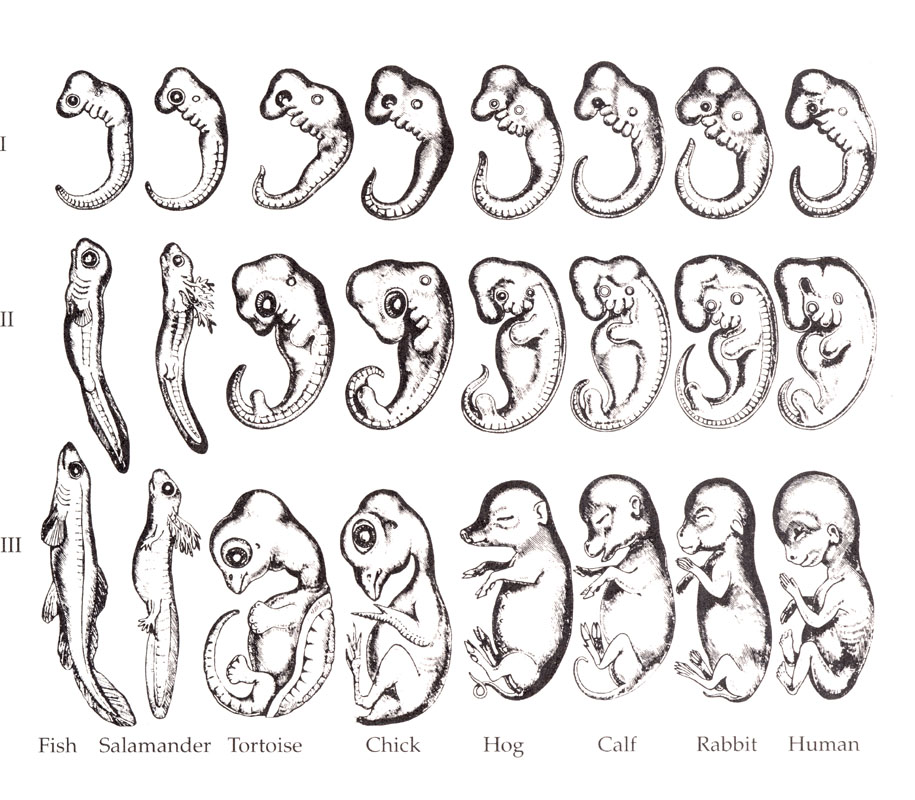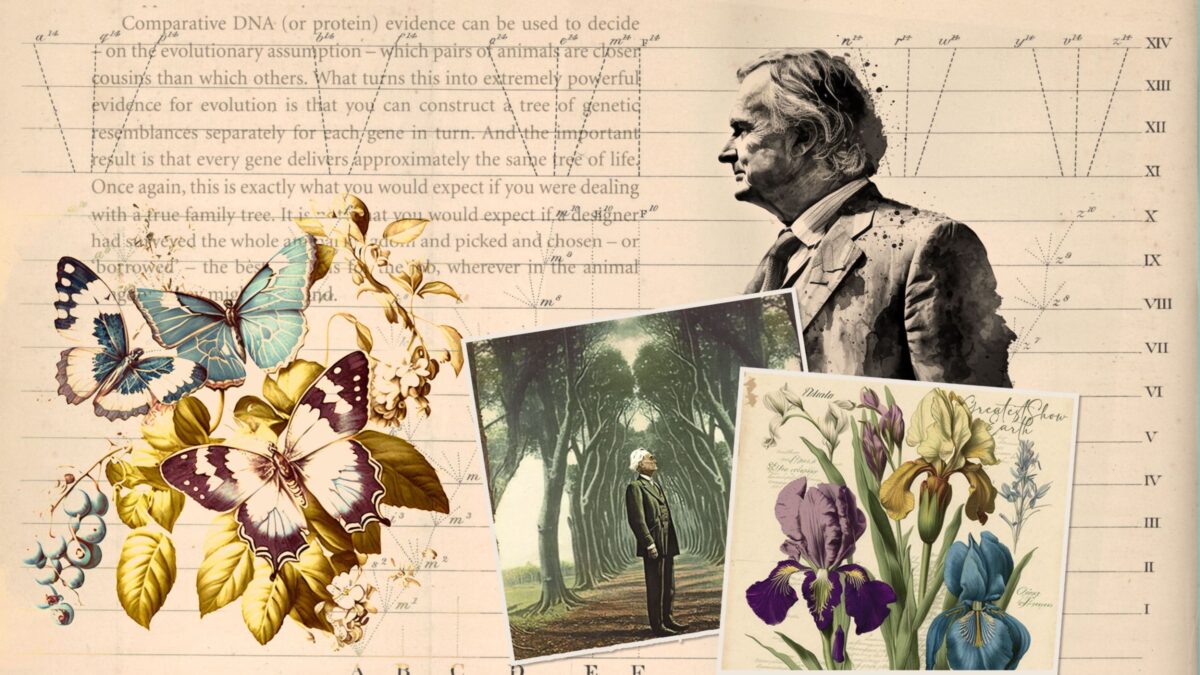


The Dawkins Test Returns an Answer: Intelligent Design
In 2009 atheist biologist Richard Dawkins offered a scientific test to decide between Darwinian evolution and intelligent design (ID). The results are in, and as guest Casey Luskin explains on this ID the Future, the evidence has broken strongly in favor of intelligent design. At the time Dawkins presented the test, he was confident that comparative DNA evidence supported Darwin’s tree of life and its idea of universal common ancestry. He made the point in his 2009 book The Greatest Show on Earth and in two interviews. As he put it, “The single most convincing fact or observation you could point to” in favor of Darwinian evolution over against ID “would be the pattern of resemblances that you see when Read More ›

In a Nutshell: Three Great Problems for Evolution
On this episode of ID the Future, Andrew McDiarmid continues his conversation with Robert Waltzer, chair of the department of biology at Belhaven University and co-author of Evolution and Intelligent Design in a Nutshell, on three big problems faced by naturalistic evolutionary theory. First, it appears that science has turned up several instances of what is known as irreducible complexity, something that Darwin himself said would falsify his theory if ever discovered. Second, various proposed “trees of life” conflict with each other, a problem that has grown worse as additional evidence and methods have arisen, a trend that makes theories of common descent difficult to sustain. And third, we know of no case where information is generated or improved without Read More ›

The Top 10 Problems with Darwinian Evolution, pt. 6
On this episode of ID the Future, Casey Luskin continues his series discussing the top 10 problems with biological and chemical evolution. This series is based upon Casey Luskin’s chapter in the volume More than Myth, edited by Paul Brown and Robert Stackpole (Chartwell Press, 2014). In this segment, Casey discusses the sixth problem: how molecular biology has failed to yield a grand “Tree of Life.”

Echolocation Shakes the “Tree of Life”
On this episode of ID the Future, Casey Luskin takes a look at recent papers that challenge the Darwinian concept of a single, coherent “tree of life.” As one paper from the journal Biological Reviews of the Cambridge Philosophical Society states, mounting evidence shows that “phylogenetic conflict is common, and frequently the norm rather than the exception.” Luskin examines echolocation in bats and whales and asks — does biological similarity imply inheritance from a common ancestor?
Read More ›
Celebrating 10 Years of Icons: Jonathan Wells Updates Darwin’s Tree of Life
On this special video episode of ID the Future, Jonathan Wells revisits Darwin’s Tree of Life, one of the “icons of evolution” ten years after the publication of his now-classic book.
Read More ›
Calling Darwinist David Hillis’ Bluffs Before the Texas State Board of Education
On this episode of ID the Future Casey Luskin exposes the many bluffs and blunders of Darwinist David Hillis, who testified before the Texas State Board of Education with the outlandish claim that there’s “overwhelming agreement” on the Tree of Life — the same day that New Scientist published “Why Darwin was wrong about the tree of life.” Listen is as IDTF calls Hillis’ bluff.
Read More ›